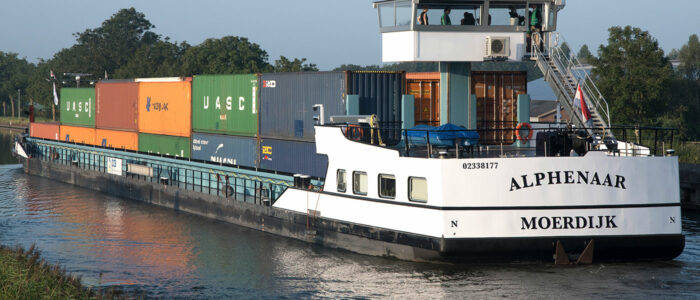
As concerns about climate change and pollution escalate, the transportation sector is evolving rapidly. Among the most promising innovations is the electric boat, which offers a cleaner alternative to traditional fuel-powered vessels. Electric boats are powered by batteries and electric motors, resulting in significantly reduced emissions and quieter operations. This transformative technology not only benefits the environment but also enhances the boating experience for enthusiasts and casual users alike.
For electric boats to thrive, a robust network of charging stations is essential. These charging points serve as the lifeline for electric vessel operators, providing them with the necessary infrastructure to power their boats conveniently. Much like electric vehicles, the availability and accessibility of charging stations will play a pivotal role in the widespread adoption of electric boats. By strategically placing charging stations in marinas, harbors, and popular boating destinations, we can create a seamless experience for electric boat users.
Charging stations for electric boats come in various forms, catering to different needs and settings. There are fast-charging stations, which can recharge a boat's battery in a matter of hours, ideal for busy harbors. Additionally, slow-charging options are available, which may take longer but are perfect for boat owners who dock overnight. Some stations are equipped with solar panels to harness renewable energy, further aligning with the sustainability goals of electric boating. Each type of station brings its own advantages, ensuring that boaters have the flexibility they need.
The establishment of charging stations is not only beneficial for boaters but also for local economies and ecosystems. Increased foot traffic in areas with charging stations can boost local businesses—cafes, shops, and restaurants may thrive as boaters wait for their vessels to recharge. Additionally, these stations promote environmentally-conscious tourism, attracting visitors who prioritize sustainable practices. The reduction of noise and air pollution in busy recreational waters also leads to healthier marine ecosystems, benefiting wildlife and enhancing the overall enjoyment of our natural resources.
Despite the positive outlook, several challenges remain in the development of electric boat charging infrastructure. Initial investments can be high, and there is a need for standardization in charging technology to ensure compatibility across different models of electric boats. However, as technology advances and demand increases, we can anticipate more innovative solutions and partnerships. The future looks bright for electric boating, and with continued investment in charging infrastructure, we can pave the way for a greener, more efficient marine transport system.
The transition to electric boats is an exciting step towards sustainable marine transportation. By focusing on the development of reliable and accessible charging stations, we can create an ecosystem that supports the widespread adoption of electric vessels. With the combined effort of manufacturers, local governments, and advocacy groups, the dream of a clean and efficient future for boating is within reach.
Next:The Advantages of Electric Vessels A Future of Sustainable Marine Travel
Previous:Types of Electric Vessels Exploring the Future of Maritime Transportation